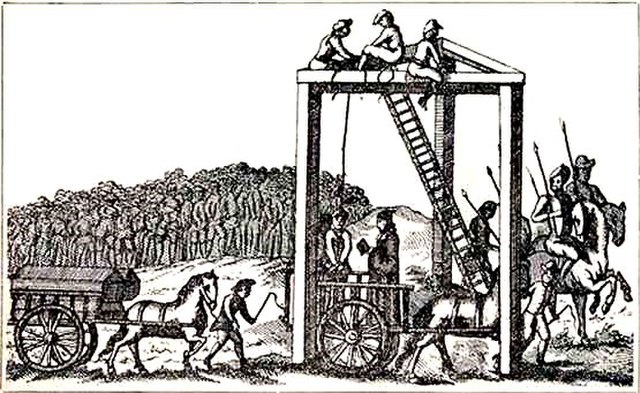Newton and Minting

Newton and Minting
Newton was about 12 years old when he got into a brawl and due to high physique, he was able to win that fight. Newton never trained himself in any sort of physical activity but rather trained cognitively. He was well above 6 feet and had a witty mind his attitude might come as careless and inconsiderate but also clever and unique. Newton while small was expected to die but went on to live a long life [1] as he was born the news of his father dying reached his mother who left Newton at the ripe age of 3 to his maternal grandparents and married a 63 year old while she was 22. After the death of her second husband she reunited with Newton while bringing 3 kids of her own. Newton’s arrogance is time and time again thought to have sprang up from this turbulent early life.
Newton despite a rough start in life progressed to a life where he provided the world with radical ideas and brilliant discoveries but a lesser known fact about him is that he also dabbled his hands in minting [2]. In 1696, while Isaac Newton was 53 he was appointed as Warden of the Mint by his friend Charles Montague, who could not see Newton, a marvel of humanity rot away in poverty or others say that he was rather charmed by Isaac’s niece. His lame job did not require effort but for how long could you tame a beast. He excelled in his work mostly because he could not face the economic crisis that Britain was turning into and later due to his dedication, in 1699, he became the Master of the Mint with a salary 300,000 pounds in today’s money [3].
He was a scientist [4] in the job of a minter but what differentiated him from others is his dedication for development and hatred for opposition. He despite having average height used to deal with corruption cases by going undercover himself and visited notorious bars, taverns, and other dens of iniquity in London where criminals gathered to recruit informants and purchase information. Newton at the age of 54 was a SPY capturing even high-profile counterfeiters as newton would have never sell out because money was never what he was looking for in life. Let’s say that Newton and Minting had struck a unique bond.


Newton was able to catch about 100 counterfeiters, clippers, and coiners. One of the most notorious counterfeiters during Newton’s time was William Chaloner. Chaloner was a master counterfeiter and audacious trickster who was rapidly rising in London’s highly competitive underworld at that time. One of Chaloner’s most audacious tricks was his “tongue-pudding” [5] scam. He would approach a victim and offer his help to recover the stolen item. After a few days, Chaloner would return with the stolen item and would make the claim that he had recovered it. He would then demand a reward for his services. Chaloner’s “tongue-pudding” scam was so successful that he became known as the “King of the Coiners” you can say that the people of London were not the brightest.
In the courts and streets of London, Newton and Chaloner played out an epic game of cat and mouse. Where the wit and cleverness of newton met a mirror, so to speak. Chaloner started the fight by calling Newton’s new minting machines.Newton was very successful at what he did mostly because he could not rest for the better or the worst. Chaloner was extremely rich and influential in the royalty of London and avoided the claims of Newton as if they were false, which of course angered the short tempered Newton. Chaloner’s end was near even though he was able blow smoke into the eyes of Newton for 18 months. He even killed 1 or 2 informants but when Newton plays, he always wins. In the year of 1699 Chaloner was hanged, cut, gutted and burned in Tyburn a popular spot for these punishments, where people gathered to see the punishment being carried out.

At the end, the suffering that Newton went through in his young age, did shape his life heavily for the worst and the best. His short temper allowed him to only for perfection but at the cost of relationships, and communication as he died without having children, friends or even a wife. A lot of things could have gone wrong with the life of Newton, on which I might write more, but for now let’s just say that he got very, very lucky.
[1] Isaac died at the age of 84 on March 31, 1727, in London, England.
[2] Other facts include, the invention of calculus, binomial theorem, and some more calculus (this time integral calculus)
[3] The salary in the mint could be anything upto 2000 pounds in the time of Newton.
[4] In the olden days scientists called themselves “Natural Philosophers”.
[5] The name “tongue pudding scam” is thought to have originated from the practice of using false tickets to gain entry to taverns and other establishments where free food or drink was being offered.
And thanks for Reading this article.
Other Stories Here
and Here
